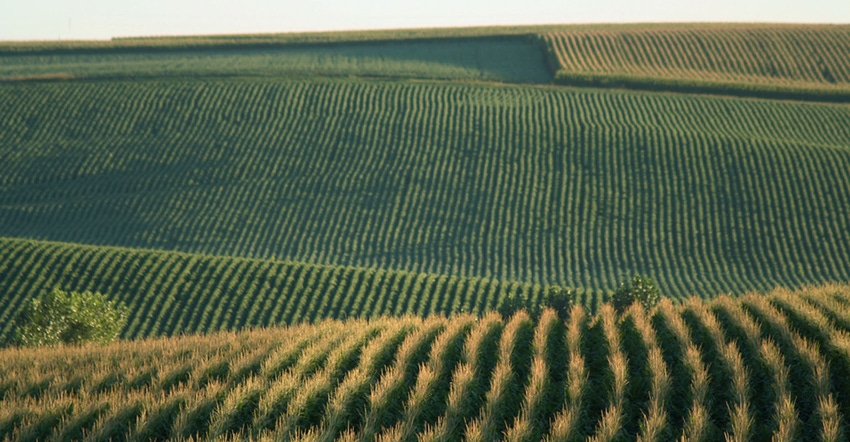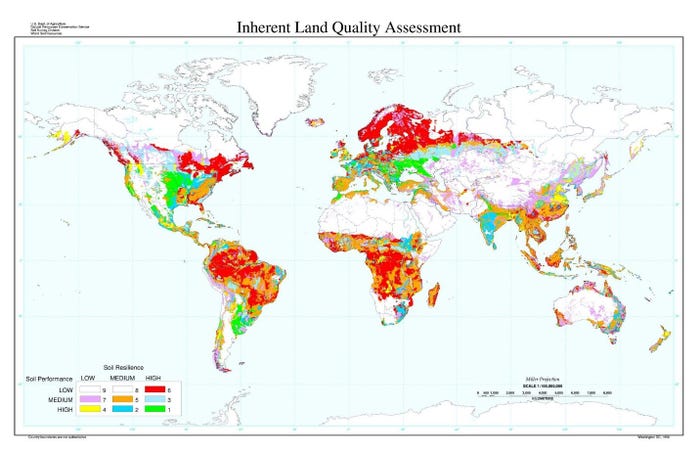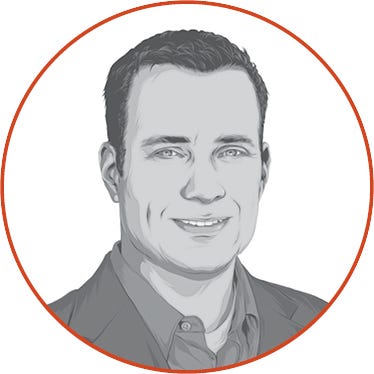
Welcome to a new blog about the biggest asset most farmers own: farmland!
What does owning farmland mean to you? How about your heirs – those who will inherit that land one day? What about the competition down the road? Or, the out-of-state investor?
Two families I work with caused me to pause and ask about these questions as it relates to the millions and millions of acres of farmland in our country.
“We’re land rich, but dirt poor”
A realization from the retiring generation of the first family after reflecting on the wealth they’ve accumulated from the blood, sweat and tears during their farming career. Much of this wealth is from the farmland they acquired; however, as many of you may appreciate, this wealth doesn’t always trickle down to the day-to-day feeling of being rich.
Most farmers find this perfectly acceptable, because owning dirt means much more to them than a return on investment. Rather, it’s a way of life, it flows through their veins, and in some cases it’s all they know.
I think this rings true for many farmers and landowners.
However, think how this mindset could change as more and more farmland transitions to new owners. It is estimated 70% of family farms will transition over the next 15 years, and 80% of the rented farmland in our country could be owned and controlled by those who didn’t grow up on the farm or operate it themselves.
“We’re just the caretakers”
Believe it or not, this is the viewpoint from those inheriting the land in the second family I work with. They view their role simply as the caretakers and wish to transfer the land to the active farming heirs, either proactively during their lifetime or through their own respective estate plans.
In their opinion, this is where the land came from and long term where it belongs.
This struck a nerve with me since this is at the opposite end of the spectrum from others I’ve seen inherit farmland; those who have more of an entitlement feeling. And there’s a wide range between these two attitudes.
For this family, the land also held much more meaning than just being dirt. They think of the land as a legacy, family heritage, and something much bigger and longer lasting than them.
When hearing a caretaker talk, I can’t help but think of the words from Paul Harvey’s famous speech:
“And on the 8th day, God looked down on his planned paradise and said, I need a caretaker. So, God made a farmer.”
The world’s best land is below your feet
The map below provides additional perspective on why this topic is so important.

Some of the most productive farmland in the world is located right in the center of the United States, which supports the increase in demand we’ve seen from non-farming groups - investors, pension funds, institutional buyers, and foreign parties. They all want to own some of it. And every time a family farm transition goes wrong, it creates an opportunity for the land to get away from us, perhaps forever.
There are many macro and microeconomic factors that threaten the very things I’m passionate about: the family farm, production agriculture, and U.S. farmland. Some of these factors are controllable, some not. But, with challenges also come opportunities, and my hope is the strategies and considerations I share with you in this blog provide value to you and the preservation of your family farm.
For now, I encourage you to think about your role in the transition looming ahead. What message do you wish to send forward to your family? How will your grandchildren view agriculture compared to how I remember it from my grandparents’ generation?
Lastly, current trends project 80% of America’s rented farmland will be owned and controlled by those that didn’t grow up on the farm or operate it themselves. How will this 80% value farmland ownership compared to the current generation?
Watch for land, leasing and finance insights in future editions of “More than Dirt.”
Downey has been helping farmers and landowners for the last 20 years with their family farm transition, leasing strategies, finances, and general land consultation. He is the co-owner of Next Gen Ag Advocates and an associate of Farm Financial Strategies. Contact Mike at [email protected].
About the Author(s)
You May Also Like






